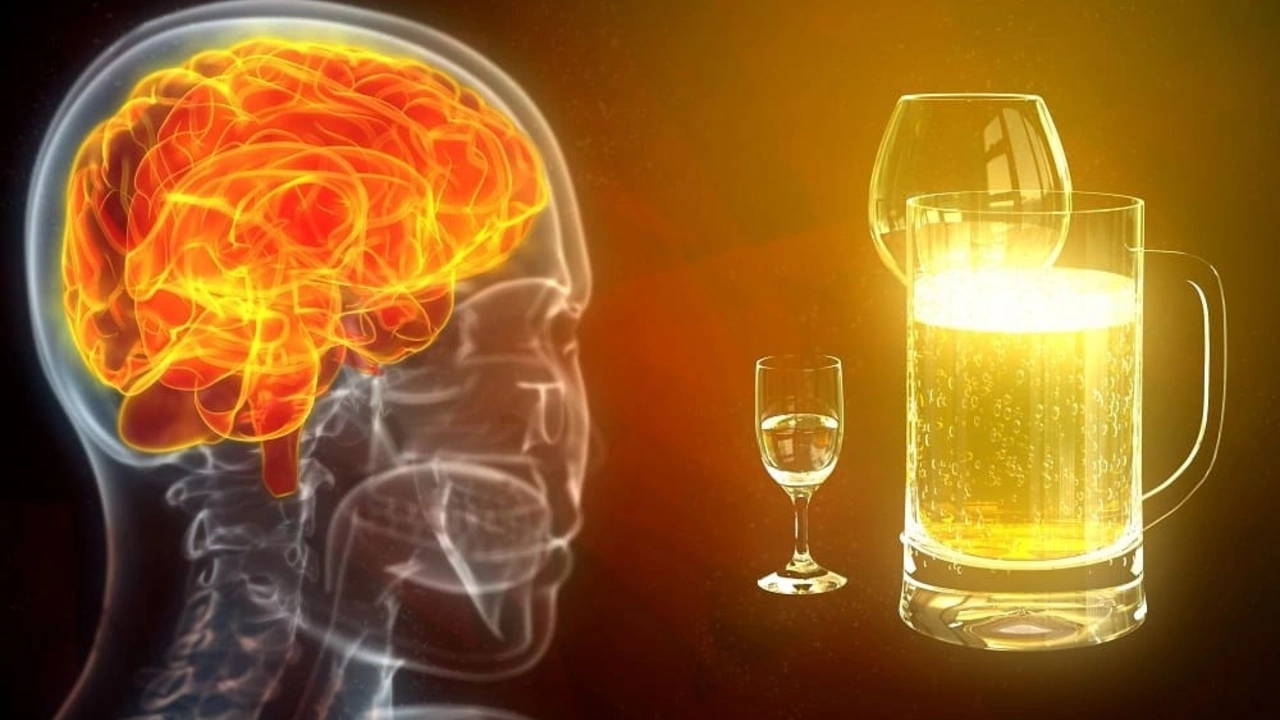Understanding Alcohol and its Effects
Before we delve into the effects of beer and how it can make us drunk, it is essential to understand what alcohol is and how it impacts our bodies. Alcohol is a psychoactive substance that has a depressant effect on our brain's functioning. It slows down the signals in the brain, affecting how our brain communicates and processes information. It can alter our mood, behavior, and cognitive functions, leading to the state we commonly refer to as being "drunk".
The Role of Beer
Now, let's talk about beer. Beer is one of the most popular alcoholic beverages around the world. It is made from water, barley, hops, and yeast. The fermentation process of yeast and barley produces alcohol. Beer usually has a lower alcohol content compared to other alcoholic beverages like whiskey or vodka. However, this does not mean that beer cannot make you drunk. The key is the quantity consumed and the time span in which it is drunk.
Beer and Blood Alcohol Concentration
Blood Alcohol Concentration (BAC) is a metric used to measure the amount of alcohol circulating in your bloodstream. It is usually measured in percentages. When you drink beer, the alcohol is absorbed into your bloodstream through your stomach and small intestine. The higher your BAC, the more impaired you become. Even a small amount of beer can raise your BAC, leading to slight buzz, while consuming larger quantities can lead to higher BAC levels, causing drunkenness.
Factors Influencing Drunkenness
It is important to note that not everyone reacts to alcohol in the same way. Various factors can influence how quickly beer can make you drunk. These include your body weight, gender, age, the rate at which you're drinking, whether you've eaten before drinking, and your overall health. For instance, people who weigh less tend to get drunk faster as they have less water in their bodies to dilute the alcohol.
The Science Behind Being Drunk
When you drink beer, the alcohol in it acts on certain areas of your brain that control consciousness, judgment, coordination, and emotion. It slows down the activity in your central nervous system, leading to feelings of relaxation, lowered inhibitions, and impaired coordination and reaction times. These are the tell-tale signs of being drunk.
Short-Term Effects of Drinking Beer
Drinking beer can lead to several short-term effects. These include feelings of relaxation, lowered inhibitions, slurred speech, unsteady movement, and slowed reaction times. It can also cause memory problems, impaired judgment, and potentially dangerous behavior, such as drunk driving. In extreme cases, heavy drinking can lead to alcohol poisoning, a serious condition that requires immediate medical attention.
Long-Term Effects of Drinking Beer
Long-term excessive consumption of beer can lead to serious health problems. These may include liver damage, heart problems, mental health disorders, and an increased risk of certain types of cancer. It can also lead to alcohol dependence or addiction, a severe health condition characterized by a strong craving for alcohol and the inability to stop drinking despite its negative consequences.
Drinking Beer Responsibly
While it is true that beer can make us drunk, this does not mean that we should abstain from it entirely. Beer, like any other alcoholic beverage, can be enjoyed responsibly. This means drinking in moderation, understanding your limits, not drinking on an empty stomach, staying hydrated, and never drinking and driving. It's all about balance and knowing how much is too much for your body.
Conclusion
In conclusion, yes, beer can make us drunk. The alcohol content in beer, though lower than in spirits, is still enough to cause intoxication, especially when consumed in large quantities. It's essential to understand how alcohol affects your body and to drink responsibly to avoid the short-term and long-term effects of excessive drinking.
